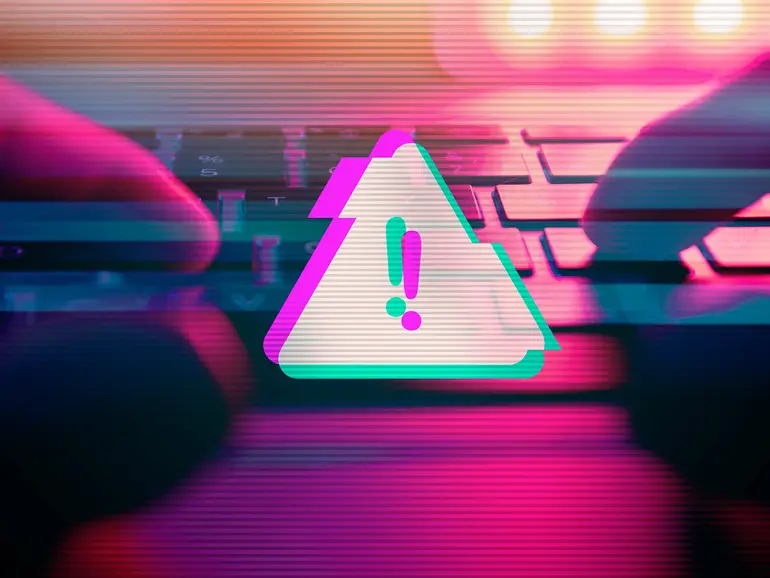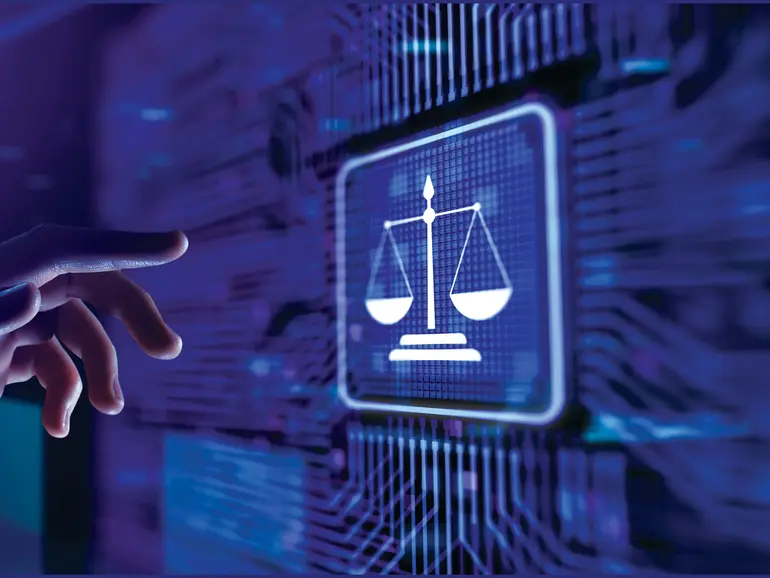5 cybersecurity priorities that demand your attention
Security leaders must strengthen their defenses against everyday threats while preparing for potentially devastating attacks. Here’s how to get it done.

Faculty
Stuart Madnick is the John Norris Maguire (1960) Professor of Information Technology at the MIT Sloan School of Management; Affiliate Faculty member at the MIT Institute for Data, Systems, and Society (IDSS); and the Founding Director of Cybersecurity at MIT Sloan: the Interdisciplinary Consortium for Improving Critical Infrastructure Cybersecurity.
Madnick’s involvement in cybersecurity research goes back to 1979, when he coauthored the book Computer Security. Currently, he heads the Cybersecurity at MIT Sloan Initiative, formerly called the Interdisciplinary Consortium for Improving Critical Infrastructure Cybersecurity, aka (IC)3.
Madnick holds a PhD in computer science from MIT and has been an MIT faculty member since 1972. He served as the head of MIT's Information Technology Group in the Sloan School of Management for more than 20 years. He is the author or coauthor of more than 300 books, articles, and reports. Besides cybersecurity, his other research interests include Big Data, semantic connectivity, database technology, software project management, and the strategic use of information technology.
Madnick has served as a consultant to major corporations and has been the cofounder of five high-tech firms. He currently operates the 14th-century Langley Castle Hotel in England.
Featured Publication
"How Companies Can Create a Cybersafe Culture at Work."Madnick, Stuart. Wall Street Journal, May 29, 2018.
Featured Publication
"Preparing for the Cyberattack that will Knock Out U.S. Power Grids."Madnick, Stuart. Harvard Business Review, May 10, 2017.
Marotta, Angelica and Stuart Madnick. Issues in Information Systems Vol. 26, No. 4 (2025): 1-16.
Proudfoot, Jeffrey G., W. Alec Cram, Stuart Madnick, and Michael Coden. MIS Quarterly Executive Vol. 22, No. 4 (2023): 17.
Ranjan Pal, Stuart Madnick, and Michael Siegel. In Proceedings of Americas Conference on Information Systems, Panama: August 2023.
Marotta, Angelica and Stuart Madnick. Issues in Information Systems Vol. 22, No. 1 (2021): 10-50.

Security leaders must strengthen their defenses against everyday threats while preparing for potentially devastating attacks. Here’s how to get it done.

Company leaders need to be on top of best practices and legal requirements for data protection, including mandatory incident reporting and bans on ransomware payments.
Professor Stuart Madnick and research affiliate Angelica Marotta wrote: "The United Nations Convention Against Cybercrime establishes the first universal framework for investigating and prosecuting offenses committed online. The ideal time for companies to deal with the changes outlined in the treaty is not during a cybercrime event. Planning and testing these new processes and procedures should be started now, to give you the time needed to sort out the complexities that are likely to arise."
Between 2023 and 2024, the cost in the US of a data breach has increased nearly 10%. The reason this market is moving like a freight train is because it's hard to protect against. Professor Stuart Madnick said: "The good guys are getting better, but the bad guys are getting badder even faster." One way that cyber criminals are staying ahead of the curve is AI. "We've seen several examples of how cyber attacks have been greatly accelerated due to AI tools," said Madnick.
Software developers who have built careers writing programs in C and C++ may be reluctant to switch. In addition, those languages are often faster than memory safe alternatives. Professor Stuart Madnick said such concerns have waned for many applications as computers have generally become faster and cheaper.
"It's the on and off ramps that keep us susceptible."
Minimizing cybercrime damage and disruption is not just the responsibility of the IT department; it’s every employee's job. There are managerial, strategic, and financial considerations in becoming cybersecure. This new online program helps you create a playbook with actionable next steps towards creating a more cyber-aware culture.